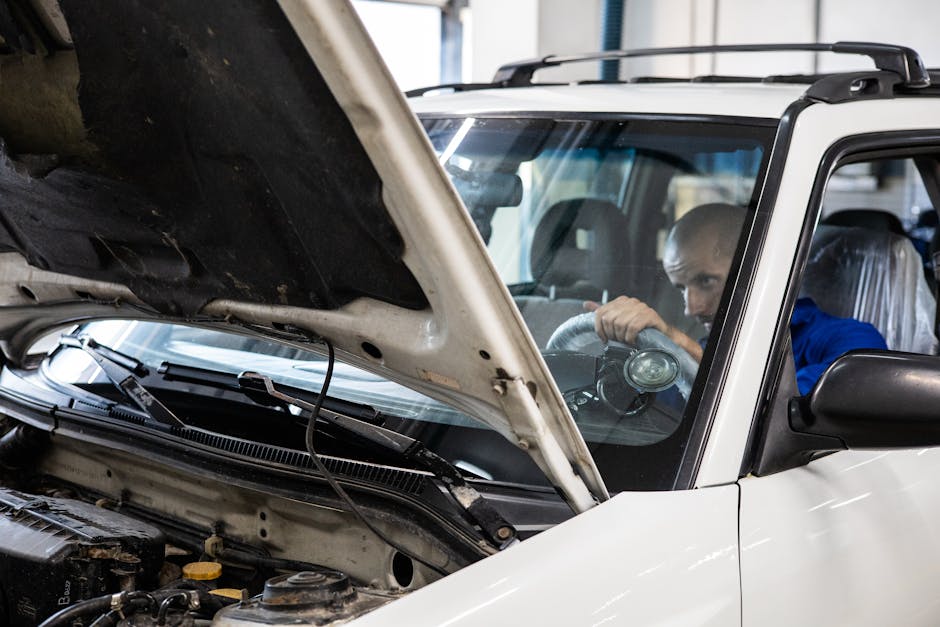Maximizing Diesel Engine Capability

The question of maximizing diesel engine efficiency is a perennial concern for all motorists. This is especially true since a diesel engine is known to be notoriously inefficient in terms of fuel efficiency. Although the engine's efficiency can't be reached to 100%, there are some simple methods to improve the efficiency of a diesel engine. The following are some of them. The key to maximizing diesel engine efficiency is understanding the mechanics of the vehicle.
Fuel-lean running is one of the best methods for improving fuel efficiency. In the past, engines ran with up to 15% excess air when under cruising conditions. Modern engines operate on the principle of a stoichiometric air-to-fuel ratio, whereas a gasoline engine operates at a ratio of 14.6. The exhaust oxygen sensor and engine computer work together to make sure the correct air/fuel ratio is maintained. Get to learn more about the various diesel engine problems on this alternative page.
A higher intake gas pressure can also increase combustion efficiency. This is because intake gas pressure improves combustion efficiency even when the engine is running at low load. A higher intake gas pressure also improves thermal efficiency. And even though higher intake gas pressure means a greater amount of exhaust loss, this difference is still small. By increasing intake gas pressure, you can boost your vehicle's thermal efficiency by up to five percent. This approach is best for medium-duty vehicles.
Diesel engines are far more efficient than their petrol counterparts. Diesel engine combustion results in a higher temperature and pressure, while gasoline engines require a lot of horsepower to control their outputs. Mercedes-AMG currently holds the title of the highest thermally efficient engine, with a fifty-percent efficiency rate. This new car is predicted to have a 41 percent efficiency rating, making it a super thermal drive vehicle. But there's a catch! There's no one-size-fits-all approach for maximizing diesel engine efficiency.
The higher the compression ratio, the more complete combustion. A higher compression ratio also means lower energy loss by conduction and convection. The increased torque on the crankshaft and drive shaft improves the power delivered to the wheels. Moreover, greater volumetric diesel engine efficiency increases thermal efficiency. All of these factors are necessary for maximizing diesel engine efficiency. But how can you go about maximizing the efficiency of a diesel engine? Let's explore some techniques.
One method involves using a simulation tool such as Ricardo Wave Software to build a model. It uses an interior point algorithm and a nonlinearly constrained optimizer to create a simulation. It also adapts to various engine configurations. There are a number of tools that can be used to create a model that maximizes the efficiency of a diesel engine. There's an ideal solution for your vehicle, so why not use a simulation program?
Another way to improve your diesel engine's fuel efficiency is to downshift gears to harvest peak torque at lower rpms. By doing this, your engine can spend more time in the lower BSFC range, giving it better fuel economy while maintaining safe performance. One hundred rpm reduction will produce a 1% increase in fuel efficiency. These are simple, but they have big advantages! It is essential to remember that diesel engines are more expensive to manufacture than petrol engines, so they are pricier than their petrol counterparts. You can get more enlightened on this topic by reading here: https://en.wikipedia.org/wiki/Diesel_engine.
